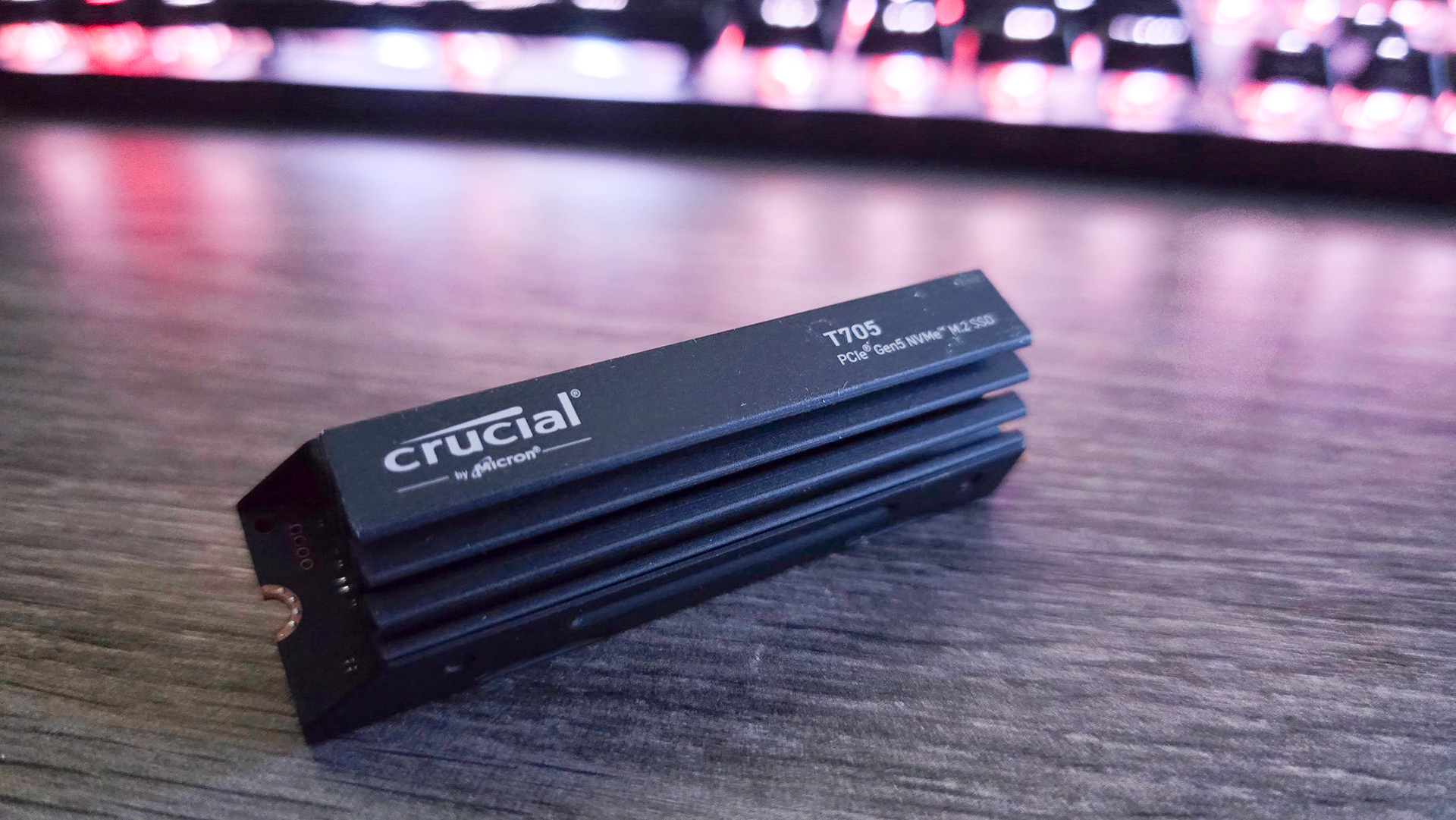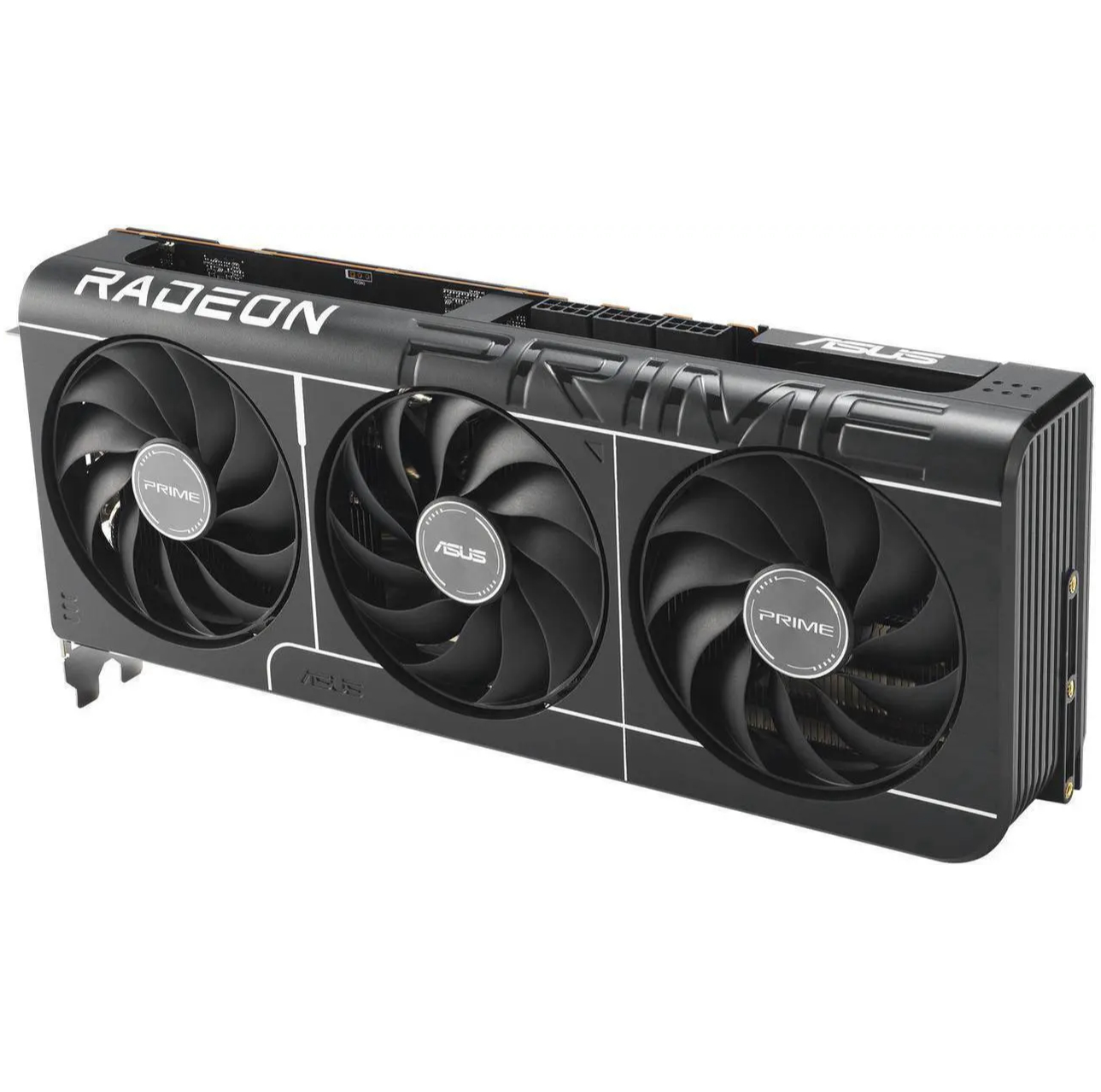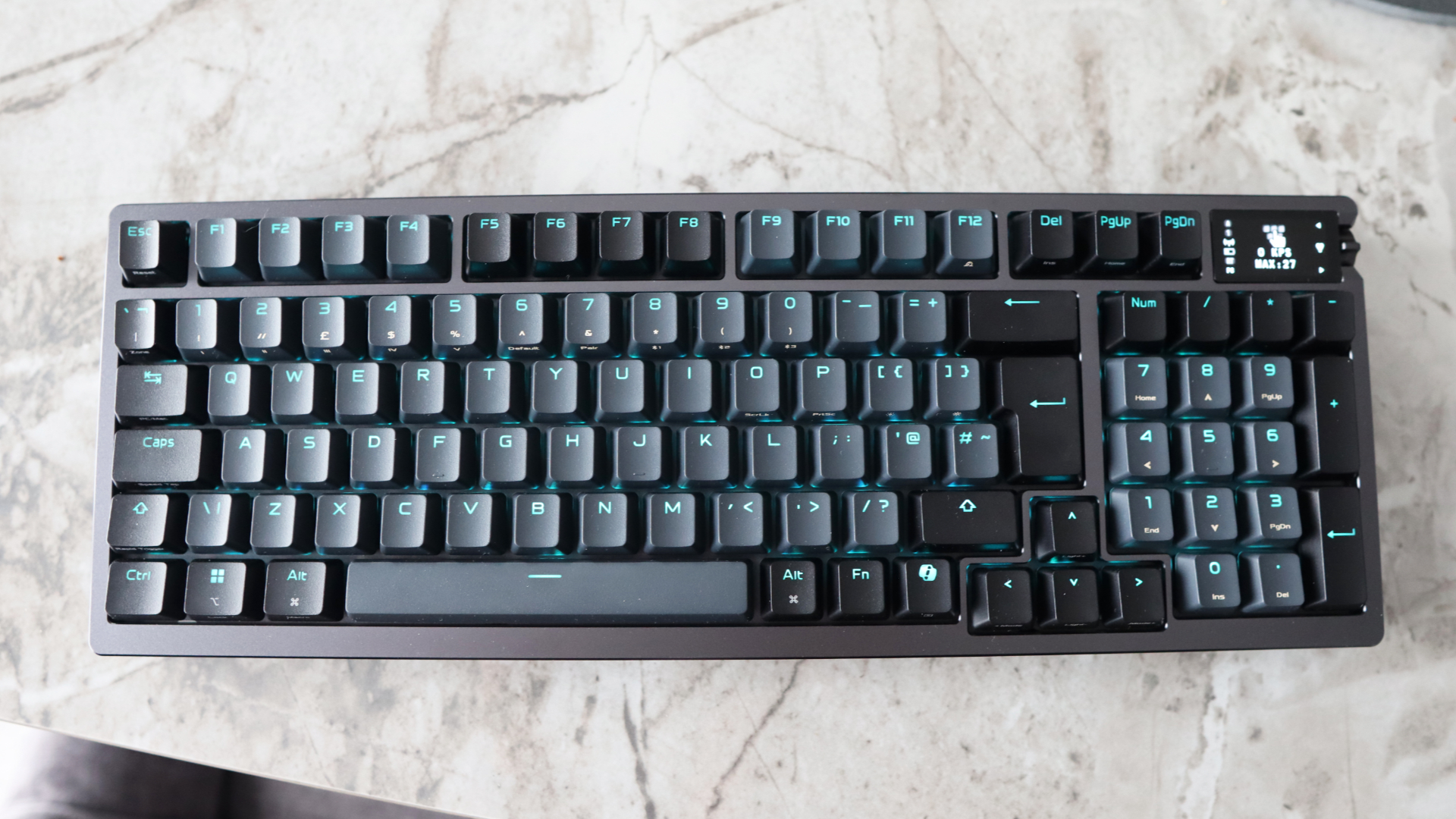
There are many things that have kept me from joining the crypto hive-mind up until now: mild scepticism, lack of knowledge, confusion, laziness. I never pegged SSD longevity as being on that list, though. Until now, that is, because one popular crypto wallet extension is apparently writing an inordinate amount of data to and from some users' SSDs.
According to CoinTelegraph, which received comment from Consensys, the company that developed the MetaMask crypto extension, some users have experienced "unusually high disk activity" when using the app:
"While browser extension wallets do regularly write state to disk, which is expected behavior, we’ve taken note of a recent observation shared by a small number of MetaMask users who reported unusually high disk activity."
A fix is apparently in the works and is "being released imminently."
A user report gives an idea of just what "unusually high" might mean. They explain that "after a fresh install of a Chromium-based browser (Opera, Chrome, Edge) and installing MetaMask", there was a continuous 5 MB/s of data writing occurring on the SSD.
"That's about 500 GB per day!"
Apart from presumably slowing down other reads and writes from the disk while these transfers are happening, the main issue with this is drive longevity. Flash cells in SSDs have a pretty limited number of times they can be written to or read from before they go kaput. That's why when an SSD is wiped this doesn't reset all data cells but essentially tells the drive controller to act as if there's nothing in them and can read and write over them at will.
Keep up to date with the most important stories and the best deals, as picked by the PC Gamer team.
For reference, my Lexar NM790 2 TB SSD has write endurance of 1,500 TBW. It would take about 3,000 days, or just over eight years, for the malfunctioning app to exhaust the drive's endurance at 500 GB per day. But that's just using the app alone, not including other reads and writes (plus TBW is more of an endurance estimate than an accurate measurement).
Writing upwards of 175 TB of data over the course of a year is certainly not nothing, and that's what this app seems to be doing with some users' drives.
I suppose this is just another aspect of entering the world of crypto to take into consideration. And it's a world I'm sure many more people will be looking to step into given Trump's new GENIUS Act that aims to formalise some stablecoin regulations (these are coins that have a stable value because they're pegged against the dollar or other assets). Crypto-linked stocks are seemingly already on the rise.
If you are considering dipping your toes in, just do your due diligence not only with which coin you pick, but also which platforms and apps you use.

1. Best overall: AMD Radeon RX 9070
2. Best value: AMD Radeon RX 9060 XT 16 GB
3. Best budget: Intel Arc B570
4. Best mid-range: Nvidia GeForce RTX 5070 Ti
5. Best high-end: Nvidia GeForce RTX 5090

Jacob got his hands on a gaming PC for the first time when he was about 12 years old. He swiftly realised the local PC repair store had ripped him off with his build and vowed never to let another soul build his rig again. With this vow, Jacob the hardware junkie was born. Since then, Jacob's led a double-life as part-hardware geek, part-philosophy nerd, first working as a Hardware Writer for PCGamesN in 2020, then working towards a PhD in Philosophy for a few years while freelancing on the side for sites such as TechRadar, Pocket-lint, and yours truly, PC Gamer. Eventually, he gave up the ruthless mercenary life to join the world's #1 PC Gaming site full-time. It's definitely not an ego thing, he assures us.
You must confirm your public display name before commenting
Please logout and then login again, you will then be prompted to enter your display name.

